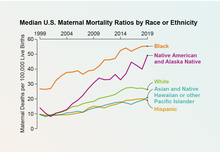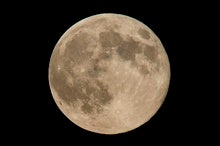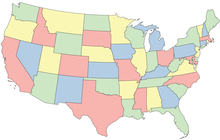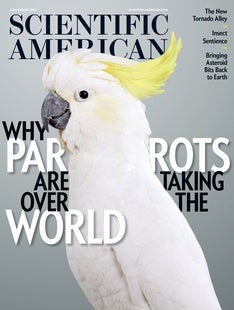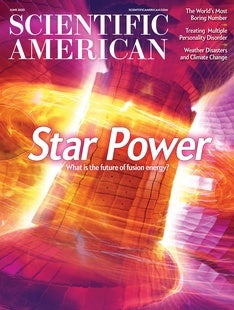 |
| July 28, 2023 |
 |
| |
| |
| |
| |
| |
| |
| |
| |
| |
| |
| |
| Sleep Are You a Lucid Dreamer? A sleep researcher who studies what dreams can tell us about the possible onset of some mental disorders believes lucid dreamers might hold a lot of answers in their heads. |  | By Gary Stix,Jeffery DelViscio | 10:12 | | | |
BRING SCIENCE HOME
 | | Build a Balloon-Powered Car | 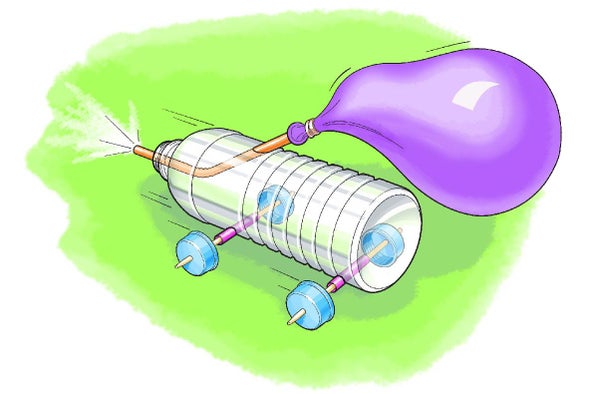 Start your (balloon) engines! Learn how you can power a toy car with air--and a little knowledge of physics. Then challenge a friend to a race! Credit: George Retseck | Turn a pile of trash into a toy car—and watch it go! In this activity you will learn some physics concepts and use recycled materials to build a toy car that is propelled by a balloon. You can even find a friend, build two cars and race them against each other. Whose car will go the fastest? | |  | |
LATEST ISSUES
 |
| |
| Questions? Comments?  | |
| Download the Scientific American App |
| |
| |




